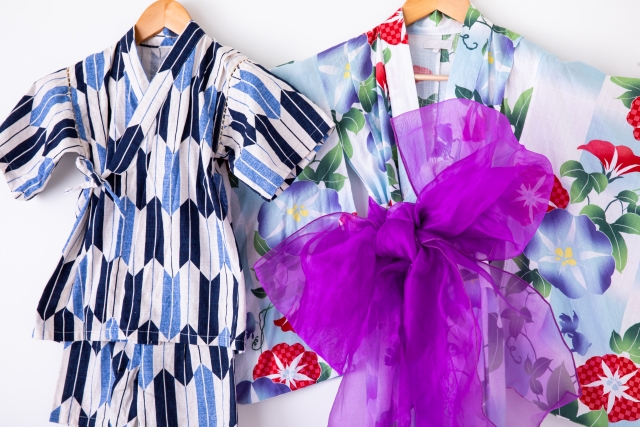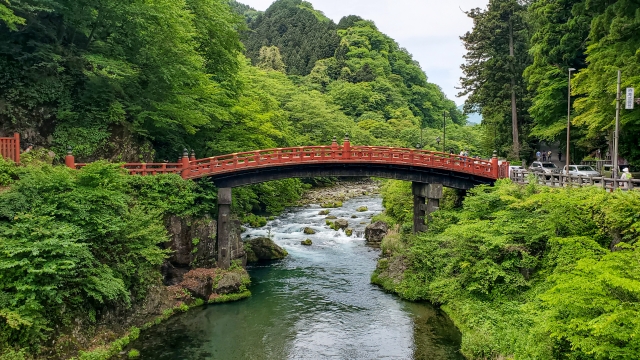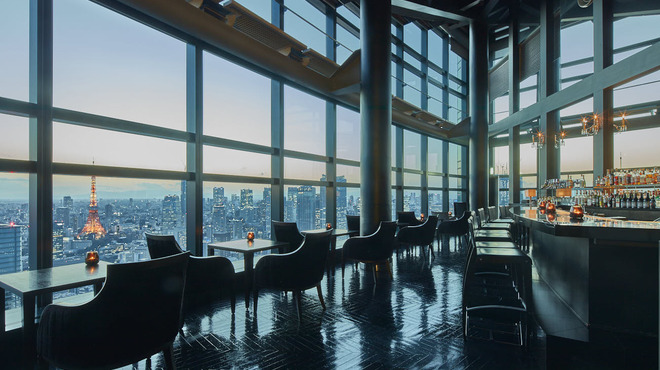What is a jinbei? – Its charm and history
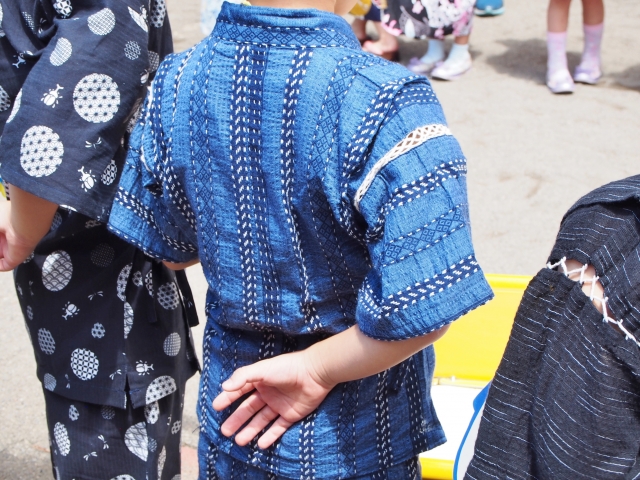
History and Traditional Design of Jinbei
The jinbei is a traditional Japanese summer garment popular with men. It was originally developed as a practical garment for Japanese farm and fishing workers. Its simple, comfortable design provides coolness and ease of movement on hot summer days.
Traditional jinbei are made from natural materials such as cotton and hemp, which are highly breathable and absorb moisture. Designs are generally straight and simple, often featuring patterns such as stripes or checks.
The role of the Jimbei in Japanese culture
The jinbei is widely recognized as the quintessential Japanese summer garment. Often worn at summer events such as festivals and fireworks displays, they symbolize a relaxed atmosphere and a traditional sense of beauty.
In recent years, jinbei has also become more fashionable and popular among young people as casual wear. As a unique fusion of Japanese tradition and modern lifestyle, jinbei holds a special place in Japanese culture.
Jimbei for women

Like their male counterparts, women’s jinbei combine traditional designs with modern elements. Women’s jinbei have the following characteristics
- Designs and styles
- Women’s jinbei are often slightly slimmer than men’s, emphasizing a more feminine silhouette.
- Sleeve and collar designs are also more varied, giving a more stylish look.
- In terms of patterns and colors, there are many variations such as floral patterns and dots, in addition to the traditional stripes and checks.
- Fabrics
- Natural materials such as cotton and linen are used primarily for their excellent breathability and moisture absorption.
- Thin, lightweight fabrics are often chosen to keep you cool in hot summers.
- Uses and popularity
- Women’s jinbei have become increasingly popular in recent years, not only for relaxing at home or as pajamas, but also as fashionable going-out clothes.
- They are usually worn at summer festivals, fireworks displays, and outdoor events, but they are also widely accepted as casual everyday wear.
- Positioning as a fashion item
- Women’s jinbei retains the essence of traditional Japanese costume while incorporating elements of modern fashion.
- The variety of patterns, colors and designs has made them a popular summer fashion item for women of all ages.
What is the difference between a Jinbei and a Yukata?
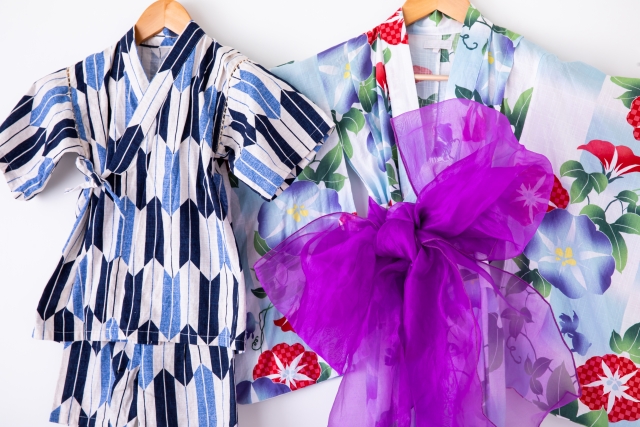
Both jinbei and yukata are traditional Japanese summer costumes, but there are some important differences.
- Design and style:
- Jinbei: A top and bottom set consisting of a shirt and shorts or pants. Casual and practical.
- Yukata: A one-piece style kimono, worn as a single piece of cloth wrapped around the body. Has a more formal, traditional appearance.
- Fabrics:
- Jinbei: Made mainly of light, cool materials such as cotton or linen.
- Yukata: Traditionally made of cotton, but nowadays some yukata are made of synthetic fabrics.
- Occasions for wearing:
- Jinbei: Often worn for relaxing, casual occasions or as a home comfort.
- Yukata: Often worn at festivals, fireworks displays, and other summer events, and generally used as going-out clothes.
- Dressing: A type of clothing worn by women who wear a yukata.
- Zinbei: Can be easily put on and taken off with buttons or strings, and is easy to put on and take off.
- Yukata: requires some skill to put on, as it is worn with an obi. There are many different types of obi knots.
- Coordinates with accessories:
- Jinbei: Usually worn alone with few accessories.
- Yukata: Usually coordinated with accessories such as obi, geta, and hair ornaments.
Where to buy Jinbei ?
Fujiki-ya (Tokyo)
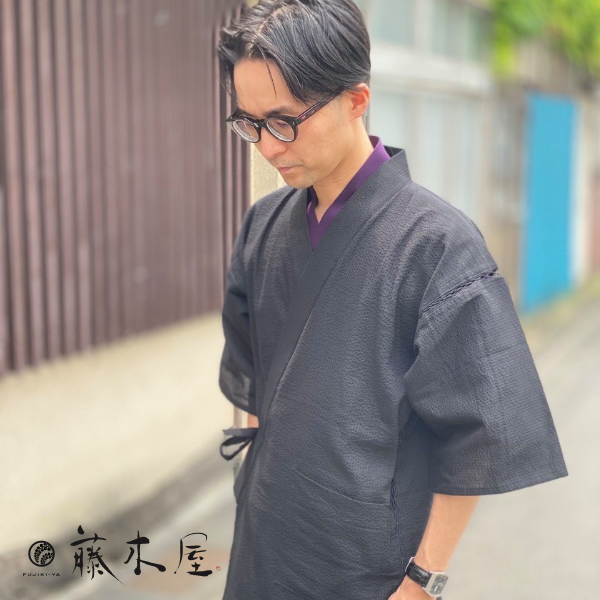
Fujikiya is a store in Taito-ku, Tokyo that sells kimonos such as jinbei and samue. It offers a wide selection of jinbei and summer samue, which are ideal for the cool, hot summer months. In addition, samue can be worn all year round.
They offer jinbei and samue at reasonable prices to meet the need for “jinbei and samue that are surprisingly hard to find for sale. In addition to its stores, Fujikiya also operates an online store with a wide range of products, including jinbei for children. More details can be found on the official Fujikiya website.
Miyata Orimono (Fukuoka)

Another example is Miyata Orimono. Miyata Orimono is a traditional cotton fabric manufacturer that has been in business for 100 years, producing and selling a variety of kimonos, including jinbei.
Their jinbei are made with great attention to texture and comfort, and are sold exclusively online and in their directly managed stores.
My Opinions
By the way, if I had to choose between a yukata and a jinbei, I would definitely go for the jinbei.
The reason is that there is no obi. I think there are probably some Japanese who think that the obi is a hassle.
Both are casual, but the jimbei is more casual.
At least, that’s what I think.

